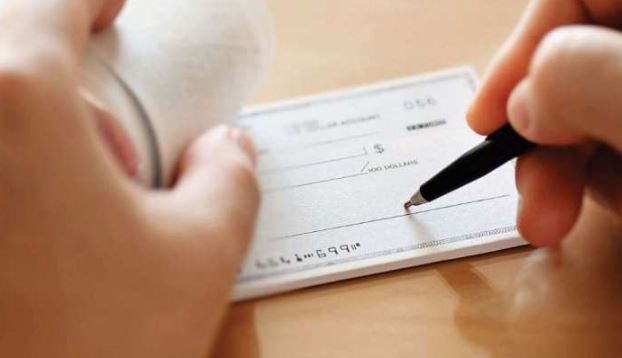
Cheque Bounce rules: Banks charge penalty from their customers when the Cheque bounces. This fine can vary according to the reasons. This fine can range from Rs 150 to Rs 750 or Rs 800. Bouncing a Cheque is considered a crime in India. Come let’s know when there is a chance of trial and jail when the Cheque bounces.
Of course online transactions have become popular in today’s time, but there are still many people who prefer to make payments through cheques. It is considered a reliable means of money transaction today. In such a situation, you should make the payment through Cheque very carefully because a lot of care has to be taken while filling the cheque.
The Cheque may bounce on a slight mistake and you may have to pay a fine if the Cheque bounces. In some special circumstances, you can also be prosecuted in the case of Cheque bounce and you may also have to go to jail. Know the reasons for which the Cheque bounces.
Are these the reasons for the Cheque bouncing?
There can be many reasons for Cheque bounce, but lack of balance or less in the account, changing signature, mistake in writing words, mistake in account number, overwriting, etc. are considered to be the main reasons for this. Apart from these, Cheque bounce can also happen due to expiry of Cheque, closure of chequer’s account, suspicion of forged cheque, non-stamping of the company on the cheque, and crossing the overdraft limit, etc.
What happens when a Cheque bounces?
Banks charge penalty from their customers if the Cheque bounces. This fine can vary according to the reasons. This fine can range from Rs 150 to Rs 750 or Rs 800. Bouncing a Cheque is considered a crime in India. Cheque Bounce According to the Negotiable Instrument Act, 1881, a person can be prosecuted in the event of a Cheque bounce. He can be imprisoned for up to 2 years or fined twice the amount of the Cheque or both. However, this happens in the same situation when there is not enough balance in the account of the Cheque giver and the bank dishonours the cheque.
When does it come to trial?
It is not that as soon as the Cheque is dishonoured, the payer is sued. When the Cheque bounces, a receipt is first given to the creditor by the bank, in which the reason for the Cheque bounce is explained. After this the creditor has to send notice to the debtor within 30 days. If there is no response from the debtor within 15 days of the notice, the creditor can file a complaint in the Court of Magistrate within one month from the date of lapse of 15 days in the notice.
If even after this the amount is not paid to you, then a case can be filed against the debtor. According to Section 138 of the Negotiable Instrument Act 1881, dishonor of a Cheque is a punishable offense and is punishable with imprisonment of either description for a term which may extend to two years, or with fine, or with both.